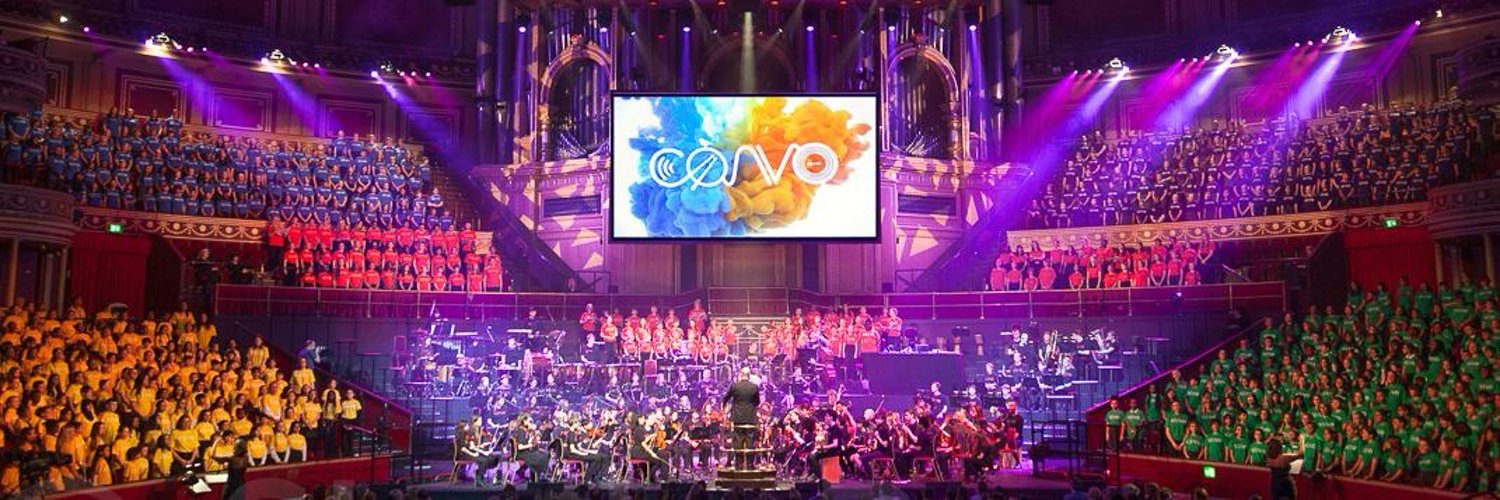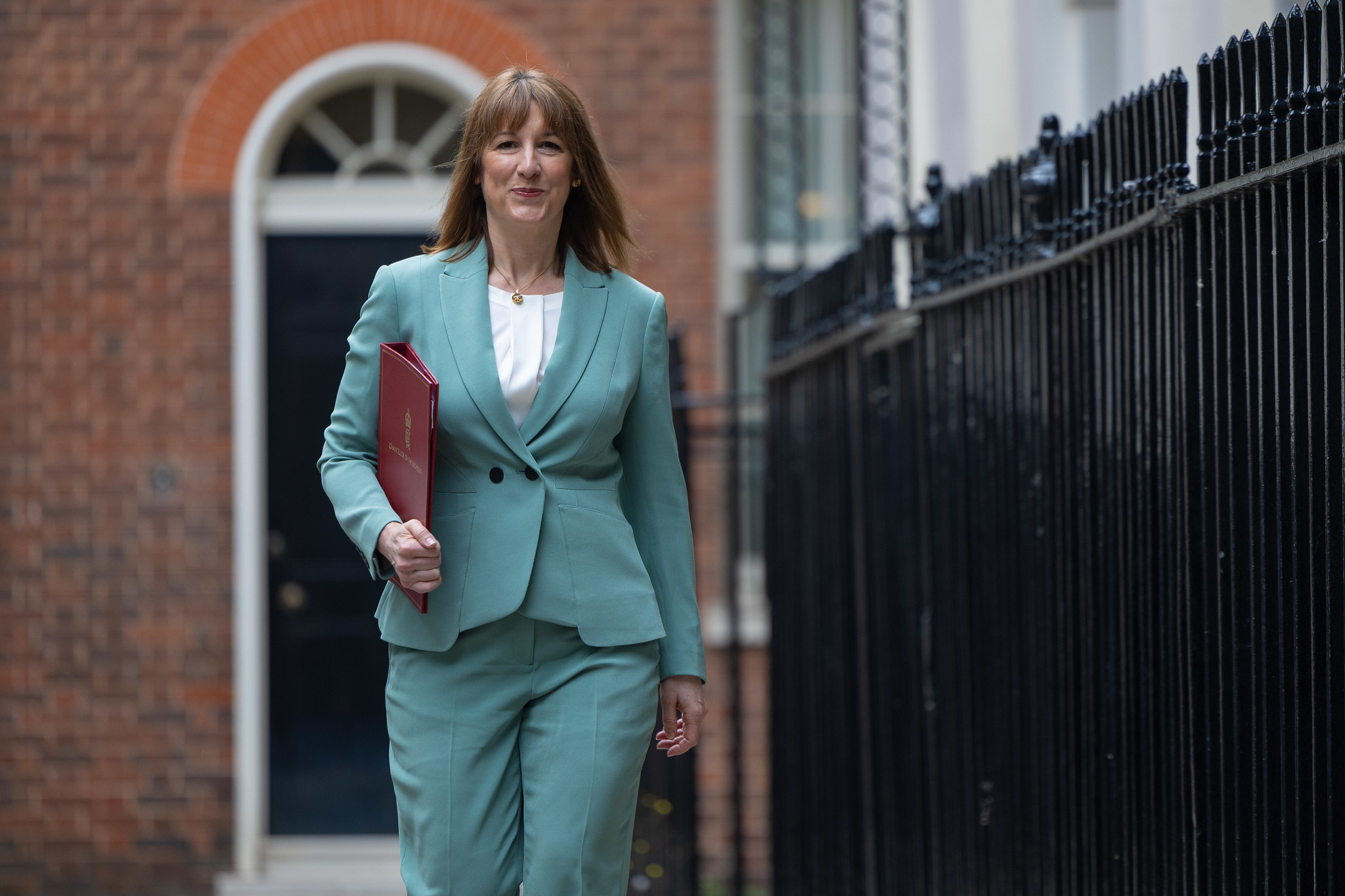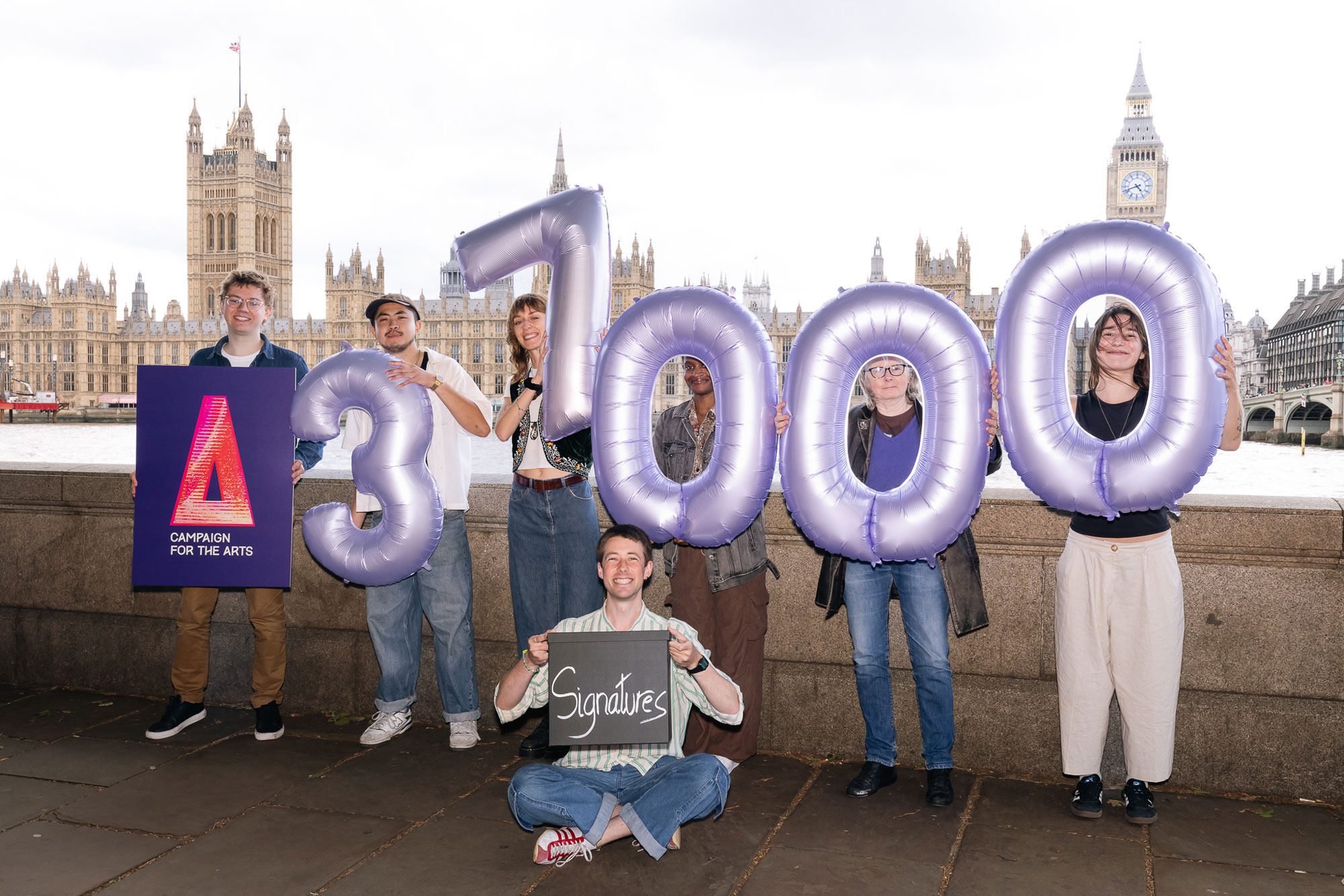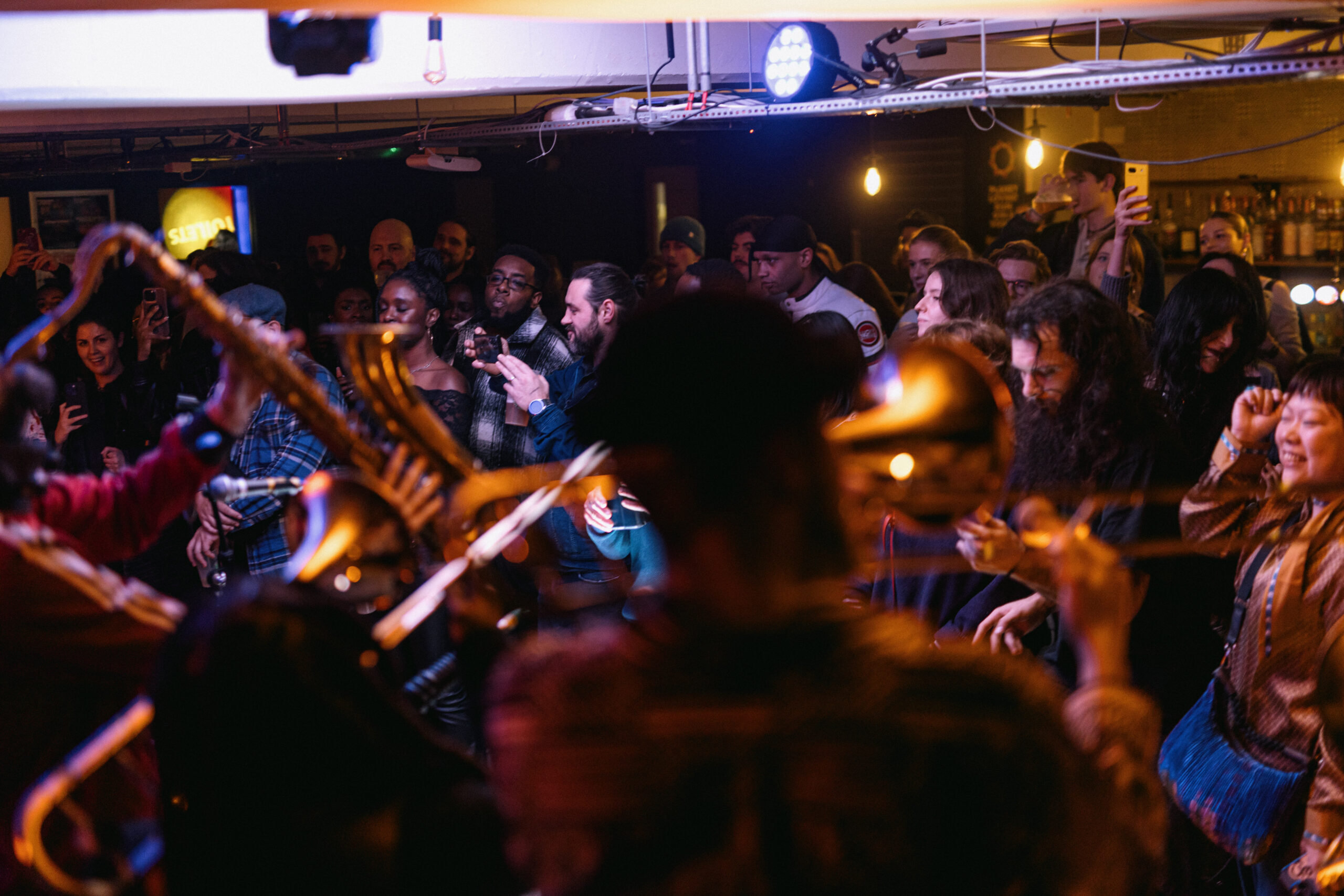In March, I attended the world premiere of Charlotte Harding’s Convo at the Albert Hall with excitement. A new piece for 1000 child singers and instrumentalists (five choirs!), it’s a co-commission by the Albert Hall, the Royal College of Music (where Charlotte Harding studied) and Triborough Music Hub (Hammersmith and Fulham, Westminster and Kensington and Chelsea boroughs).
I was there as a guest of Children and the Arts, and before the show I spoke as chair of the NCA, about how I think arts for children start from where you are. In an education system where children are tested at eleven and then again at half-past, the UK now proposes to test children at four; an age when, through no fault of your own, you can’t pass some of the tests and may not even understand them. Yet every four-year-old sings in the bath, dances around the room, makes cards for friends. Mine enjoys the making much more than the result. Because she is setting her own bar, not trying to clear someone else’s. Her faltering attempts to play the piano don’t represent success on others’ terms but achievement on her own.
Convo takes that young enthusiasm and turns into something of lasting worth. Harding is a 29-year-old saxophonist and composer from East Yorkshire. To give some impression of the excitement bubbling before the start of her piece, watch the 10 second video below. With 1000 performers, there’s little space for them in conventional dressing-rooms. The Albert Hall stage is empty, but the sound of 1000 excited children waiting under it is a thrill.
And the show itself was just as exciting. Convo is a full-length (70 minute) piece, sung from memory. It’s about children finding a voice, being heard, being listened to. In case we thought it was only for young people who could already play and sing, there’s a brilliant section where computer whizzes, who might conceivably have thought that music wasn’t for them, live-coded percussion into the mix, and so they played their part. It was a big, beautiful thing, and it knocked me sideways.
We must defend the idea that music isn’t something you listen to, it’s something you do.
I want to make much of it now, because I’m sure our supporters know that music education elsewhere is in freefall. 95% of teenagers say they love music, but the number of children studying an instrument is at the lowest since records began. 97% of classroom music teachers lack confidence in the government’s handling of music education. Schools are under pressure to narrow the curriculum because of the focus on data and SATs. The new Musicians’ Union report State of Play tells us that only one in four comprehensives in deprived areas is offering music lessons. Our Champion Chi-Chi Nwanoku, founder of Chineke!, Europe’s first BAME orchestra, isn’t surprised: “It’s not news to me – because I know that music and the art subjects are being systematically stripped out of all of our schools – and that always hits the kids who go to the free schools.”
We must defend the idea that music isn’t just something you listen to, it’s something you do. No matter who we are, where we live, or how much our parents earn. Of course we should take children to Proms and gigs, but the truly transformative stuff happens when they do it themselves. Charlotte Harding says Convo is ‘for massed ensemble’, and so it is. We need more massed ensembles. Programmes like The Choir: Our School by the Tower show us how music can help people heal from terrible trauma like the Grenfell fire; some of those children sang in Convo.
Be part of something beautiful, that is bigger than yourself
To be part of something beautiful that is bigger than yourself, to take the cheers and the applause, to look around at each other with a wild surmise and say ”How the hell did we do that?”, is a transformative experience that should be open to us all. One of the first questions in the armoury of the arts warrior is the question “Do we want our children to have this?” In the case of music, the answer is a deafening yes.



